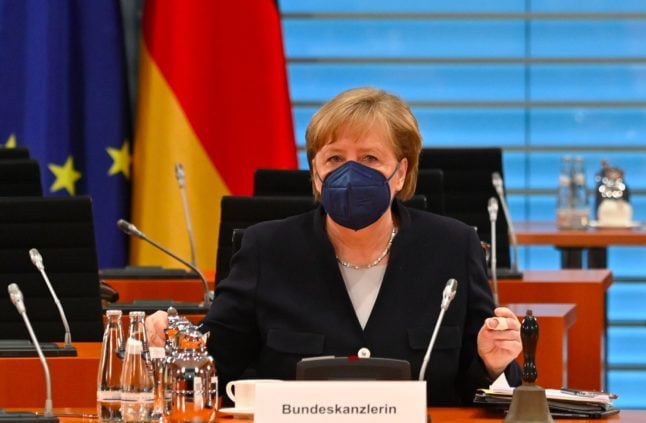“We’re definitely evaluating our initiatives, together with other countries,” said epidemiologist Annika Linde at the Swedish Institute for Infectious Disease Control (Smittskyddsinstitut). “But we’ve saved lives. That’s perfectly clear.”
She made her comments in the Swedish daily Expressen in response to charges that the World Health Organization (WHO) exaggerated the risks.
Sweden ordered 18 million doses of vaccine but has used only about 7 million when it became clear that a single inoculation, rather than two, would suffice.
Some 15 Swedes have died from swine flu since the announcement of the pandemic last summer.
“With hindsight it’s easy to be critical, and there’s no doubt that this influenza was milder than we had believed,” said Linde. WHO did not exaggerate the risks, she said, but instead adopted the principle of protective action.
The European Centre for Disease Prevention and Control has praised the Swedish campaign to combat the disease. The H1N1 virus has been called swine flu because many of the genes are similar to influenza viruses found in pigs. The epidemic was first detected last year, originally in Mexico and the United States.


 Please whitelist us to continue reading.
Please whitelist us to continue reading.
Member comments